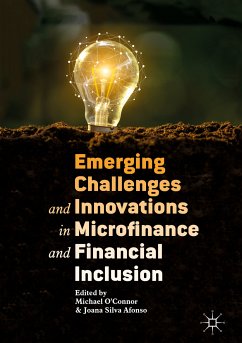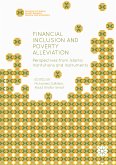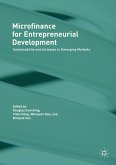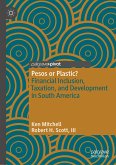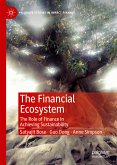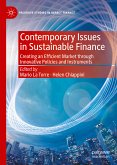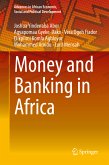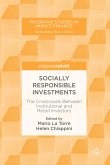The book is a contemporary compilation of important research in the area of microfinance and financial inclusion. It explores a plurality of views and experiences from different parts of the world while linking a variety of international research backgrounds. Accordingly the book will ¿ll a gap in providing a carefully curated cross-sectorial selection of topics relevant to the development ¿nance research community primarily but also industry practitioners who are interested in keeping abreast of developing research. Bene¿ts in this regard also include being able to provide a platform to less established researchers öering them a voice in published form.
Dieser Download kann aus rechtlichen Gründen nur mit Rechnungsadresse in A, B, BG, CY, CZ, D, DK, EW, E, FIN, F, GR, HR, H, IRL, I, LT, L, LR, M, NL, PL, P, R, S, SLO, SK ausgeliefert werden.

